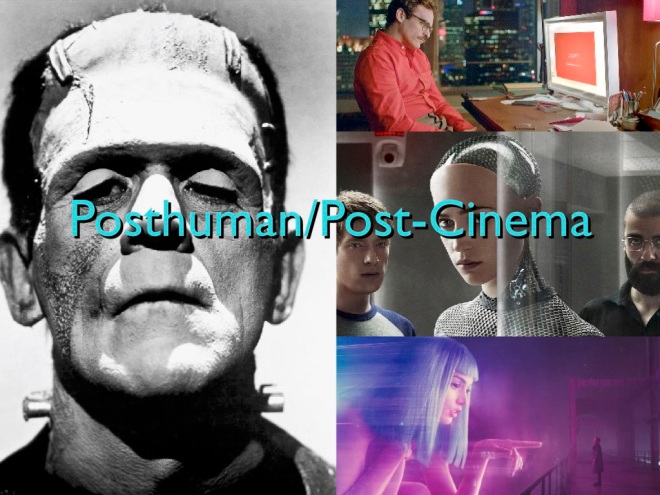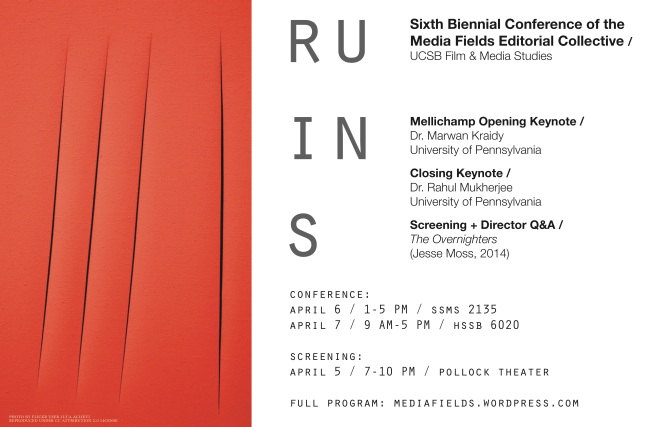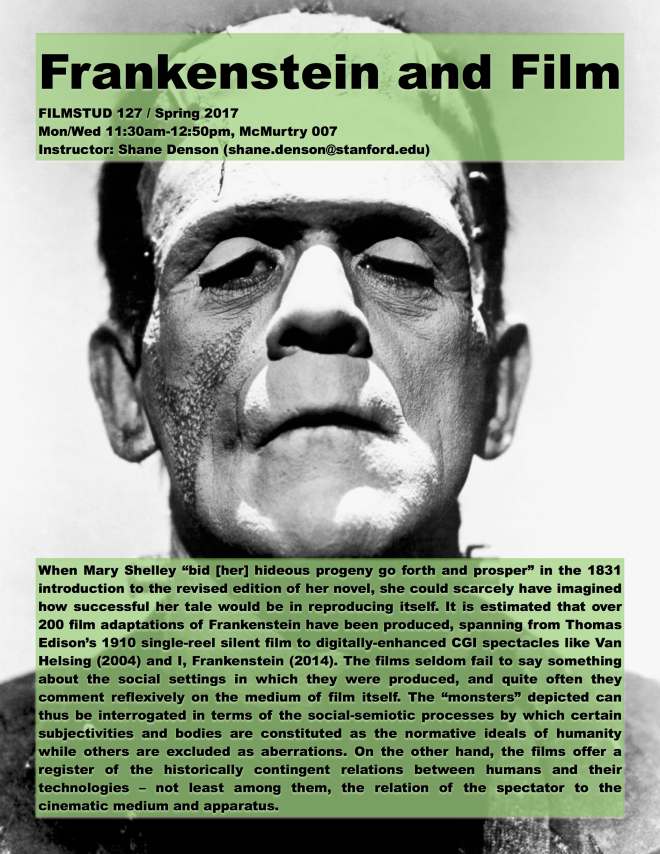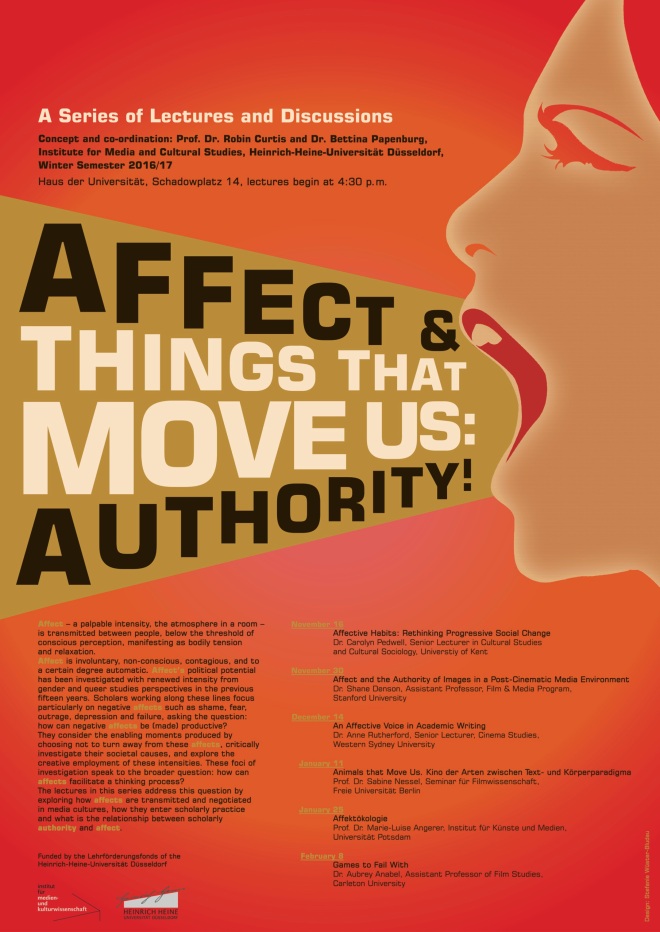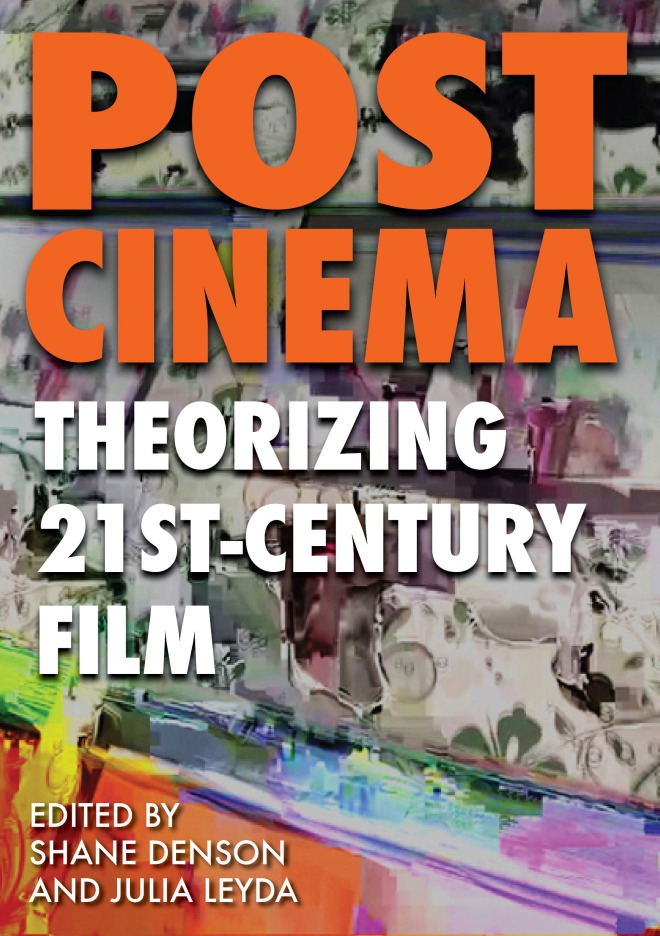
I am pleased to announce our first event for spring quarter! Please join us in welcoming Nicholas Baer next week, who will present a talk titled “The Ends of Perfection: On a Limit Concept in Global Film and Media Theory” on Friday, April 5, 2:30-4:30pm PT. The event will take place in the Stanford Humanities Center Board Room, where refreshments will be served. Below you will find the abstract and bio. We look forward to seeing you there!
Zoom link for those unable to join in-person: https://tinyurl.com/4ry559an
Abstract:
This talk examines the concept of aesthetic perfection against the backdrop of today’s digital mediascape, where the latest screen technologies promise sharp, pristine images with lossless compression and a lifelike appearance. While, in Hito Steyerl’s account, the circulation of “poor” or “imperfect” images can disrupt hegemonic media logics, I demonstrate that the very ideal of perfection is an engine of semantic instability in the modern age. Intervening in contemporary debates about “rich” and “poor” images, and “high” and “low” definition, my lecture offers a differentiated and historically dynamic understanding of perfection as a limit concept in global film and media theory. I argue that moving images played a crucial role in the redefinition of perfection, as classical conceptions of the term gradually and unevenly gave way to perfectionism, perfectibility, and an aesthetics of imperfection. Integrating Reinhart Koselleck’s method of conceptual history into the study of moving images, my talk reconceives the history of global film and media theory as one of semantic persistence, change, and radical novelty of meaning.
Bio:
Nicholas Baer is Assistant Professor of German at the University of California, Berkeley, with affiliations in Film & Media, Critical Theory, and Jewish Studies. He is author of Historical Turns: Weimar Cinema and the Crisis of Historicism (University of California Press, 2024) and co-editor of three volumes: The Promise of Cinema: German Film Theory, 1907–1933 (University of California Press, 2016), Unwatchable (Rutgers University Press, 2019), and Technics: Media in the Digital Age (Amsterdam University Press, 2024).
This event is generously co-sponsored by the Stanford Europe Center.
